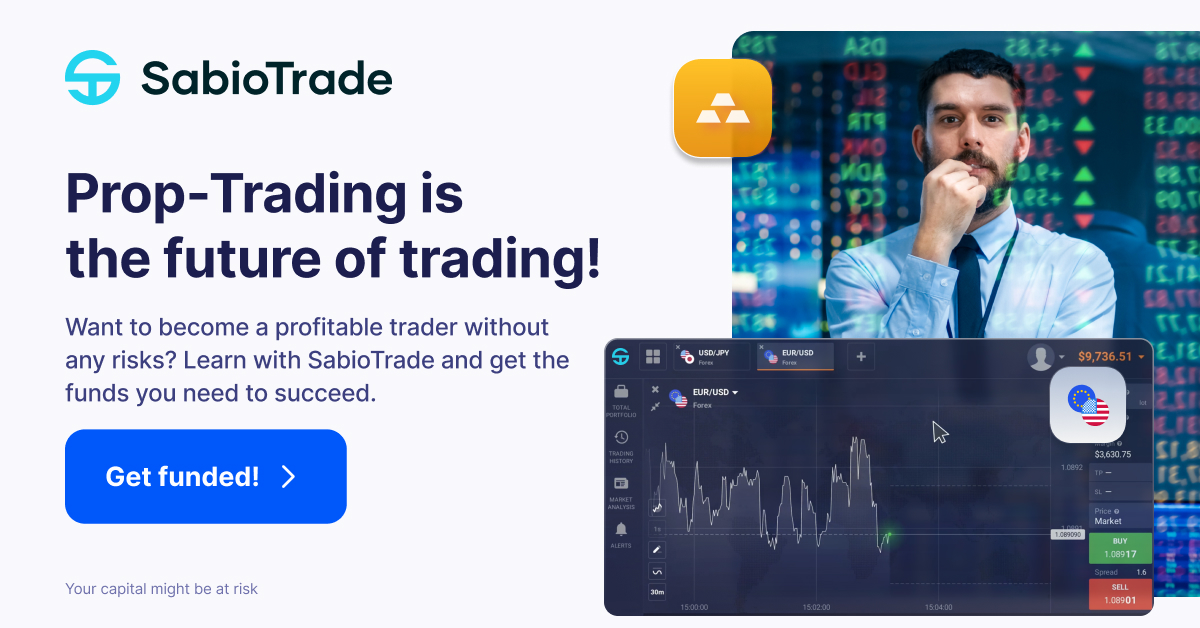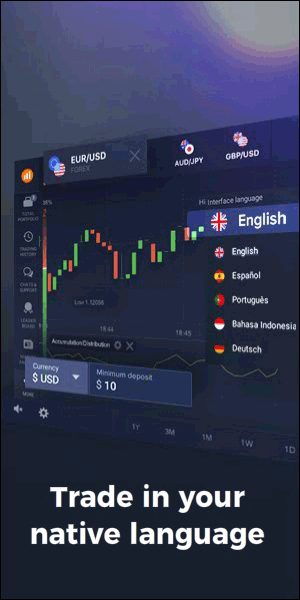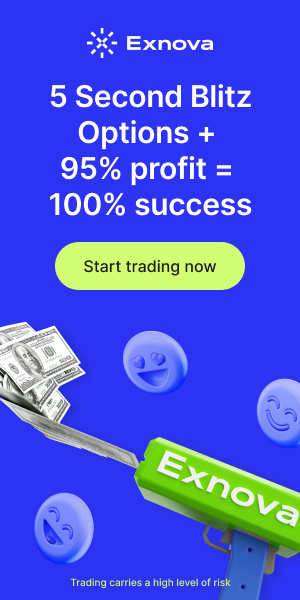Introduction to Investment Platforms for Beginners
Investing can be a daunting task, especially for those who are new to the world of finance. With a plethora of options available, choosing the right investment platform can be overwhelming. This article aims to provide a comprehensive guide to the best investment platforms for amateurs, helping you make an informed decision and start your investment journey on the right foot.
What to Look for in an Investment Platform
Before diving into the specific platforms, it’s essential to understand the key features that make an investment platform suitable for beginners. Here are some critical factors to consider:
- User-Friendly Interface: A platform with an intuitive and easy-to-navigate interface can make the investment process less intimidating.
- Educational Resources: Access to tutorials, articles, and other educational materials can help beginners understand the basics of investing.
- Low Fees: High fees can eat into your returns, so it’s crucial to choose a platform with reasonable charges.
- Customer Support: Reliable customer support can be invaluable when you encounter issues or have questions.
- Diverse Investment Options: A platform that offers a variety of investment options, such as stocks, bonds, ETFs, and mutual funds, allows for better diversification.
Top Investment Platforms for Amateurs
Based on the criteria mentioned above, here are some of the best investment platforms for beginners:
1. Vanguard
Vanguard is renowned for its low-cost index funds and ETFs, making it an excellent choice for beginners. The platform offers a wide range of investment options and provides extensive educational resources to help new investors get started.
- Pros: Low fees, extensive educational resources, diverse investment options.
- Cons: The interface may not be as user-friendly as some other platforms.
2. Fidelity
Fidelity is another top choice for beginners, offering a user-friendly interface and a wide range of investment options. The platform also provides robust customer support and a wealth of educational materials.
- Pros: User-friendly interface, excellent customer support, diverse investment options.
- Cons: Some funds may have higher fees compared to other platforms.
3. E*TRADE
E*TRADE is known for its comprehensive trading tools and resources, making it a great option for beginners who want to learn more about investing. The platform offers a variety of investment options and has a user-friendly interface.
- Pros: Comprehensive trading tools, user-friendly interface, diverse investment options.
- Cons: Some advanced features may be overwhelming for complete beginners.
4. Charles Schwab
Charles Schwab is a well-established investment platform that offers a wide range of investment options and excellent customer support. The platform also provides extensive educational resources to help beginners learn the ropes.
- Pros: Excellent customer support, diverse investment options, extensive educational resources.
- Cons: The interface may not be as modern as some other platforms.
5. Robinhood
Robinhood is a popular choice among beginners due to its commission-free trading and user-friendly mobile app. The platform offers a range of investment options, including stocks, ETFs, and cryptocurrencies.
- Pros: Commission-free trading, user-friendly mobile app, diverse investment options.
- Cons: Limited educational resources compared to other platforms.
Comparing the Top Investment Platforms
To help you make an informed decision, here’s a comparison table of the top investment platforms for beginners:
| Platform | Fees | User-Friendly Interface | Educational Resources | Customer Support | Diverse Investment Options |
|---|---|---|---|---|---|
| Vanguard | Low | Moderate | Extensive | Good | Yes |
| Fidelity | Moderate | High | Extensive | Excellent | Yes |
| E*TRADE | Moderate | High | Good | Good | Yes |
| Charles Schwab | Moderate | Moderate | Extensive | Excellent | Yes |
| Robinhood | None | High | Limited | Moderate | Yes |
How to Get Started with Your Chosen Platform
Once you’ve chosen an investment platform, follow these steps to get started:
- Create an Account: Sign up for an account on the platform’s website or mobile app. You’ll need to provide some personal information and verify your identity.
- Fund Your Account: Transfer money into your investment account. Most platforms offer multiple funding options, such as bank transfers and debit card payments.
- Explore Investment Options: Take some time to explore the different investment options available on the platform. Consider your risk tolerance and investment goals when making your choices.
- Start Investing: Once you’ve selected your investments, start investing. Remember to diversify your portfolio to spread risk.
- Monitor Your Investments: Regularly review your investments and make adjustments as needed. Most platforms offer tools to help you track your portfolio’s performance.
Tips for Successful Investing
Here are some tips to help you succeed in your investment journey:
- Start Small: Begin with a small investment and gradually increase your contributions as you become more comfortable with the process.
- Diversify Your Portfolio: Spread your investments across different asset classes to reduce risk.
- Stay Informed: Keep up with market news and trends to make informed investment decisions.
- Be Patient: Investing is a long-term game. Avoid making impulsive decisions based on short-term market fluctuations.
- Seek Professional Advice: If you’re unsure about your investment choices, consider consulting a financial advisor.

Conclusion
Choosing the right investment platform is crucial for beginners looking to start their investment journey. Platforms like Vanguard, Fidelity, E*TRADE, Charles Schwab, and Robinhood offer a range of features that cater to the needs of amateur investors. By considering factors such as user-friendly interfaces, educational resources, low fees, and customer support, you can find a platform that suits your needs and helps you achieve your investment goals.
Remember to start small, diversify your portfolio, stay informed, and be patient. With the right approach and the right platform, you can build a successful investment portfolio and secure your financial future.
Q&A Section
- Q: What is the best investment platform for beginners?
- A: The best platform depends on your specific needs, but Vanguard, Fidelity, E*TRADE, Charles Schwab, and Robinhood are all excellent choices for beginners.
- Q: Are there any investment platforms with no fees?
- A: Robinhood offers commission-free trading, making it a popular choice for those looking to avoid fees.
- Q: How much money do I need to start investing?
- A: The amount needed to start investing varies by platform, but many allow you to start with as little as £1.
- Q: Can I invest in cryptocurrencies on these platforms?
- A: Yes, platforms like Robinhood offer the option to invest in cryptocurrencies.
- Q: What are the risks of investing?
- A: Investing involves risks, including the potential loss of principal. It’s essential to understand these risks and diversify your portfolio to mitigate them.
- Q: How do I choose the right investments?
- A: Consider your risk tolerance, investment goals, and time horizon when choosing investments. Diversifying your portfolio can also help manage risk.
- Q: Can I get professional advice on these platforms?
- A: Many platforms offer access to financial advisors or robo-advisors to help you make informed investment decisions.
- Q: How often should I review my investments?
- A: It’s a good idea to review your investments regularly, such as quarterly or annually, to ensure they align with your goals and risk tolerance.
- Q: What is the difference between stocks and ETFs?
- A: Stocks represent ownership in a single company, while ETFs (Exchange-Traded Funds) are investment funds that hold a diversified portfolio of assets.
- Q: Are there any tax implications for investing?
- A: Yes, there can be tax implications for investing, such as capital gains tax. It’s essential to understand these implications and consult a tax professional if needed.







